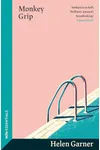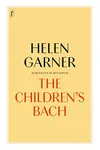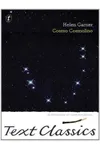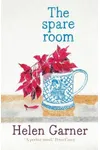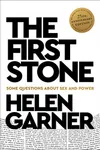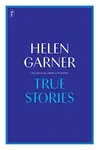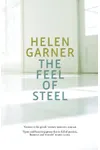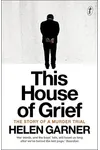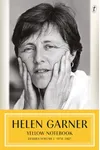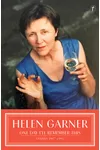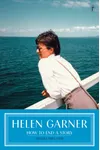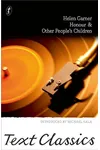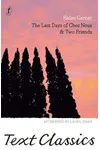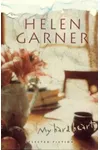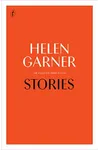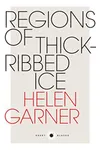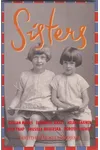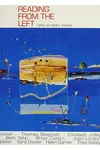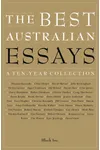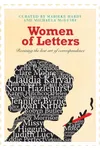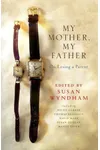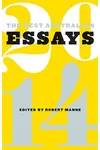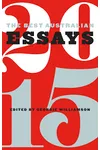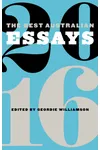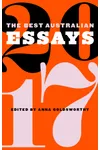Picture an Australian storyteller who turned gritty, heartfelt truths into literary gold—meet Helen Garner! Born in 1942, Garner is a novelist, journalist, and screenwriter whose raw, unflinching prose has made her one of Australia’s most cherished writers. From her debut novel’s bohemian buzz to her gripping true-crime narratives, she’s a literary force who tackles life’s messy complexities with courage and wit.
Garner’s work dances between fiction and non-fiction, often weaving her own experiences into stories that resonate deeply. Her bold voice, shaped by a life of rebellion and reflection, has earned her awards and sparked debates, cementing her as a cultural icon. Ready to dive into her world?
The Making of Helen Garner
Helen Garner was born on November 7, 1942, in Geelong, Victoria, the eldest of six in a working-class family. Growing up in a home with ‘not many books and not much talk,’ she found her voice at the University of Melbourne, where she studied English and history. Her early career as a high school teacher took a dramatic turn in 1972 when she was sacked for candidly discussing sex with students—an incident that fueled her shift to writing. Living in Melbourne’s countercultural scene, Garner began penning articles for the feminist magazine Digger and crafting her debut novel, Monkey Grip, from her diaries.
This bold start wasn’t just a career pivot; it was a rebellion against convention. Garner’s immersion in the 1970s bohemian lifestyle—think communal houses, music, and free love—shaped her gritty, authentic storytelling, setting the stage for a remarkable literary journey.
Helen Garner’s Unforgettable Stories
Garner’s debut, Monkey Grip (1977), is a raw, lyrical dive into a single mother’s love affair with a heroin addict in Melbourne’s inner north. Hailed as a feminist classic, it captured the era’s countercultural pulse and sparked debates over its autobiographical roots. Her 1984 novella, The Children’s Bach, is a compact masterpiece, exploring family dynamics and desire with musical precision, often compared to Virginia Woolf’s depth.
Garner’s non-fiction is equally gripping. The First Stone (1995) stirred controversy by dissecting a university sexual harassment case, challenging feminist orthodoxies with her nuanced take. Joe Cinque’s Consolation (2004) and This House of Grief (2014) are haunting true-crime works, blending courtroom drama with reflections on justice and human frailty. Her style—sharp, empathetic, and unsparing—blurs the line between fact and fiction, inviting readers to wrestle with life’s moral ambiguities.
Her diaries, like Yellow Notebook, offer an intimate glimpse into her creative process, revealing a writer who finds art in the everyday. Garner’s ability to turn personal pain into universal truths makes her work timeless, whether she’s writing about love, loss, or society’s underbelly.
Why Helen Garner Matters
Helen Garner’s impact on Australian literature is profound. Her debut Monkey Grip revitalized feminist fiction, paving the way for writers like Jessica Anderson and Thea Astley. By blending autobiography with fiction, she pioneered a raw, confessional style that resonates with today’s autofiction trend. Her true-crime works have redefined the genre, offering empathy and complexity where others might sensationalize.
Garner’s fearless honesty—whether tackling gender wars or personal grief—has made her a literary touchstone. Awards like the Melbourne Prize for Literature (2006) and the Windham-Campbell Prize (2016) reflect her global influence. At 82, she remains a vibrant voice, inspiring readers to embrace life’s contradictions with courage.
About Helen Garner
- Born: November 7, 1942, Geelong, Victoria
- Key Works: Monkey Grip, The Children’s Bach, This House of Grief, The Spare Room
- Awards: Walkley Award (1993), Melbourne Prize for Literature (2006), Windham-Campbell Prize (2016)
- Fun Fact: Her diaries, once private, are now celebrated as literary gems!
Snag Monkey Grip or This House of Grief and dive into Helen Garner’s raw, radiant world—her stories will stick with you!
